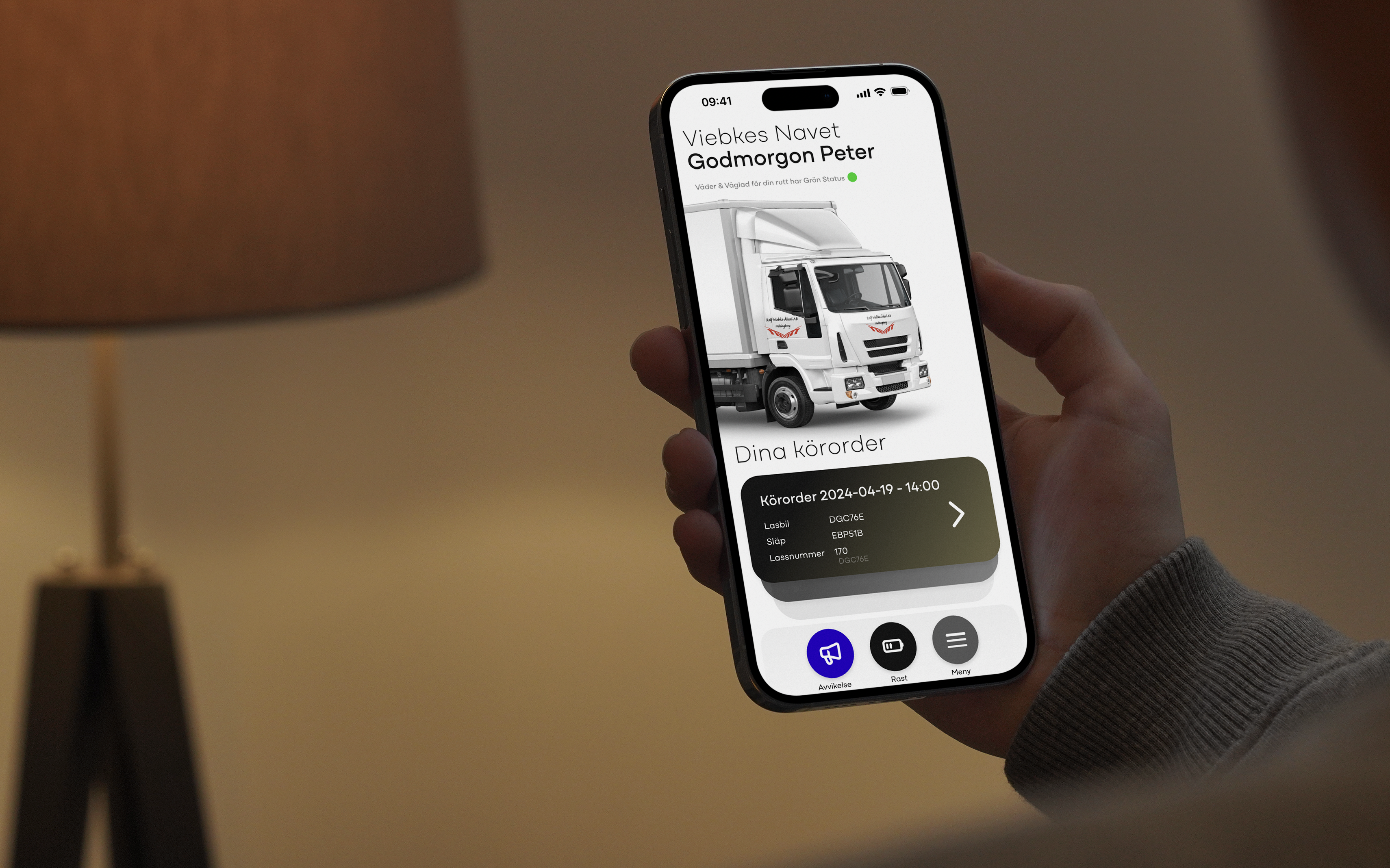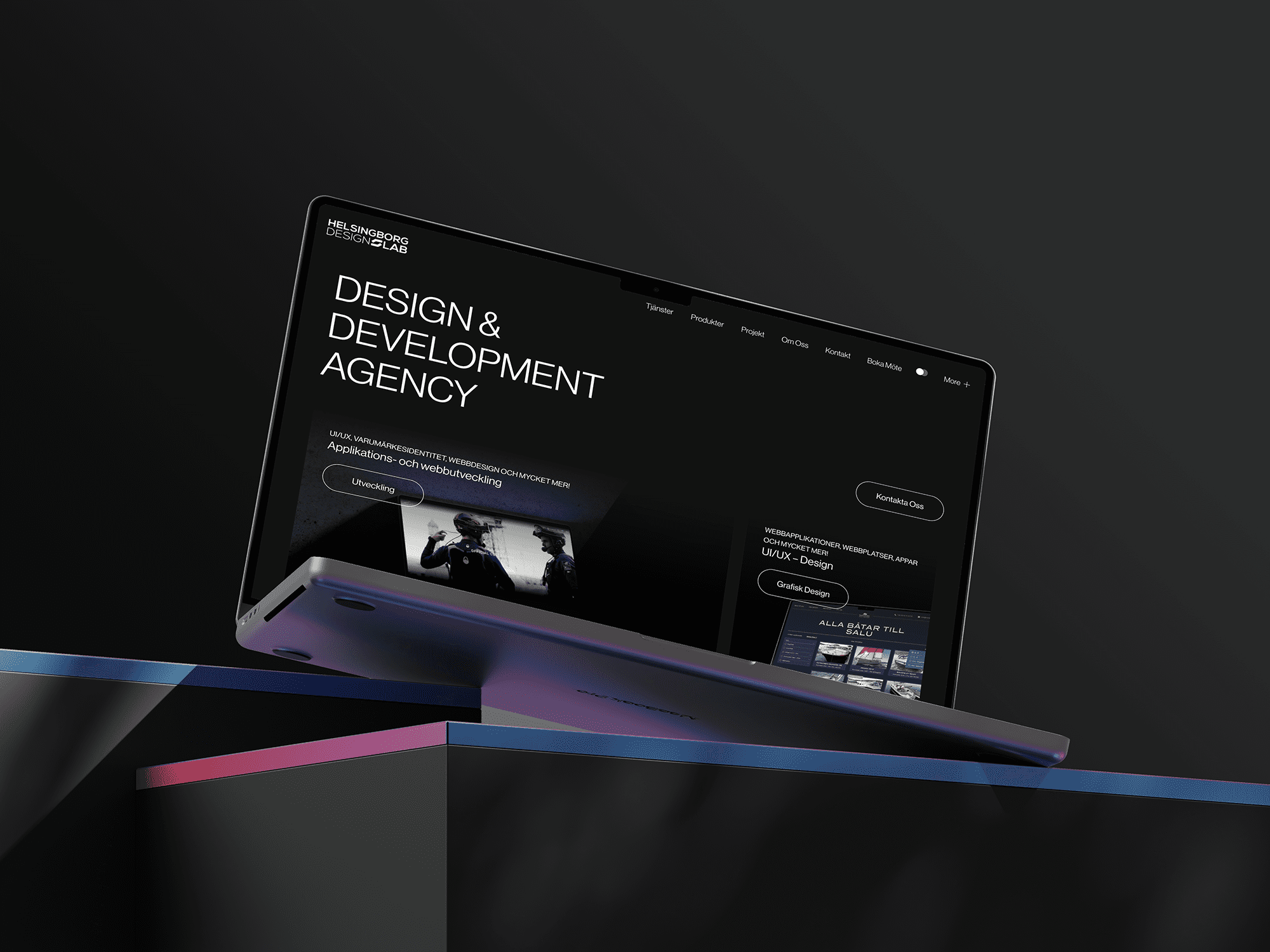The Future of Web Agencies: Customization in an AI-Driven World
In today’s rapidly changing digital landscape, web agencies are facing a new reality where AI technologies, such as ChatGPT, are playing an increasingly important role. These tools offer businesses the ability to solve problems quickly and efficiently, which has changed customers’ expectations of their agencies. To remain attractive and relevant, agencies need to embrace change and adapt to this new world.
And this is something that we at Helsingborg Design LAB have been working on over the past few months. If you’ve been a client, you noticed the biggest difference in August/September when we started a new initiative where we wanted to engage more with our clients. Now that we’re growing and becoming a bigger team, it’s increasingly important, and to be completely transparent, it’s something that we at HDL haven’t previously prioritized or had the resources for. Now we are working to build this up. It becomes somewhere an invisible trust issue.
Historical Overview and Changes in the Agency Industry
Traditionally, web agencies have focused on offering one-off services, such as web design, development and marketing. These services were often reactive, meaning that agencies waited for clients to express their needs before offering solutions. But with digital transformation, the playing field has changed. Clients are now looking for integrated solutions that combine strategy, design and technology to create a coherent digital experience.
This change has been partly driven by the rapid development of AI. AI has become a central part of many companies’ operations at the edge, leading to increased demands on the agencies they work with to deliver faster and more efficient solutions.
The Role and Limitations of AI
AI tools such as ChatGPT have revolutionized the way businesses manage their digital needs. These tools can quickly process large amounts of data, generate content and even make recommendations based on analysis. This has allowed businesses to solve problems and make decisions faster than ever before.
But despite AI’s many benefits, the technology has its limitations. AI lacks the strategic insight and creative intuition that human experts offer. While AI can analyze data and make recommendations, it cannot understand the subtle nuances of a company’s business goals or market dynamics. Nor can it create the kind of innovative and unique design solutions that human designers can.
This is where web agencies have an opportunity to differentiate themselves. By using AI as a tool to support their services, agencies can offer a combination of technical expertise and human creativity that AI alone cannot deliver.
Increased Requirements for Proactive Partnership
As AI becomes increasingly accessible and user-friendly, clients’ expectations of their agencies have changed. Clients are now looking for more proactive partners who not only react to their needs, but also anticipate them. This has led to increased demands on agencies to offer faster and more proactive solutions.
Why have these demands increased?
-
Fast Access to Information: AI allows customers to get answers and solutions to their questions quickly, often within seconds. This has led to an expectation of fast and efficient response even from agencies. When a customer can get an immediate solution from AI, why would they wait 48 hours for a response from their agency?
-
Availability of AI tools: Many companies have become adept at using AI to support their business processes. This means they can often handle simpler tasks themselves and expect agencies to bring a higher value and deeper expertise.
-
Human vs. AI and Agency vs. AI: AI can quickly process and analyze large amounts of data, but it is still limited in its ability to offer the kind of creative and strategic insight that a human can. Agencies therefore need to position themselves as experts who can interpret AI’s output and add human insight and intuition to create real value.
How can agencies meet these demands?
To meet the increased demands of today’s digital landscape, agencies need to adapt their processes and services to better meet the needs of their clients. At HDL, we have taken this very seriously. Not only have we analyzed our existing client base, partners and projects, but we’ve also collected huge amounts of data over the years via our CRM, project teams, discussions and communication tools like Slack. Now, in collaboration with leading AI models, we are building a system that will help us deliver the service our customers expect on a daily basis. At the same time, we strive to be the proactive agency in the room, always ready to take initiative and lead developments forward.
-
Proactive Communication: Agencies should aim to be ahead of the curve by offering recommendations and solutions before clients even ask for them. This requires a deep understanding of the client’s business and industry, as well as an ability to anticipate future needs and challenges.
-
Faster Response and Customization: By streamlining internal processes and using in-house AI tools, agencies can reduce response time and offer quick, relevant solutions. This means that agencies need to invest in technology and training to ensure their teams are equipped to handle the latest tools and techniques.
-
Focus on Strategic Advice: By offering strategic advice that goes beyond what AI can offer, agencies can demonstrate their unique value and build stronger partnerships. This means agencies need to develop deeper relationships with their clients and work closely with them to understand their long-term goals and visions.
Future Opportunities
The future of web agencies is full of opportunities. By leveraging new technologies and focusing on customer-centric solutions, agencies can continue to create significant value for their clients. It’s about embracing innovation and being ready to adapt to new trends. This is something that we as technology leaders have embraced, but before we chose to start developing we needed to test the waters and in that test we gained many new clients but we also lost clients who felt we were too late. That’s the danger! We learned and realized how important this service internally will be going forward.
In a world where AI is rapidly changing the rules of the game, it is the agencies that can combine technological advances with human creativity and insight that will remain attractive and relevant to their clients. By focusing on the areas where AI cannot deliver the same value, such as strategic planning and creative design, agencies can continue to be an indispensable partner for their clients.






